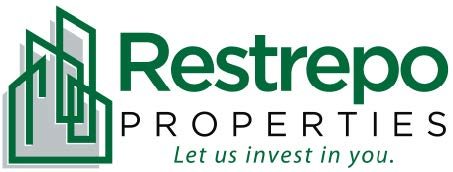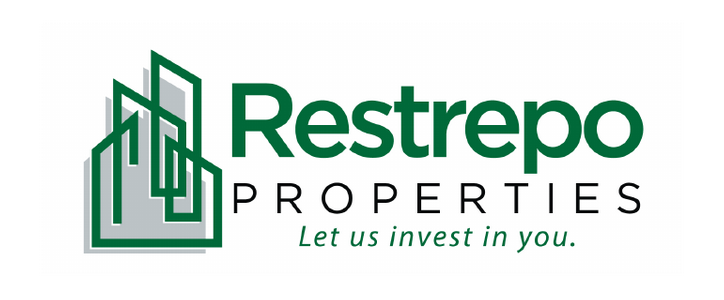WHY MULTI-FAMILY RESIDENTIAL REAL ESTATE?
Restrepo Properties recognizes the infinite value of residential real estate. It is an asset class that meets one of the most essential human needs, shelter. Additionally, residential real estate brings home tremendous benefits in the following areas:
- Amortization– Pay off a mortgage over time using the cash flow generated by the property.
- Appreciation– While there’s no guarantee, historically, residential real estate appreciates in value over the long term.
- Tax Benefits– The U.S. tax code offers ample benefits for real estate investors, which significantly reduce or in some cases eliminate tax liabilities.
- Cash Flow– After all operating expenses as well as the debt service has been covered, a well-managed real estate investment can offer positive cash flow to its owners
- Hedge Against Inflation– With the federal government increasing the money supply in unprecedented levels, it is likely that inflation may accelerate over the foreseeable future, thus making owning real estate a great hedge against inflation
Moreover, current market conditions in most of the United States, and most importantly in all of Worcester County, have proven to be extremely beneficial to the real estate investment market. These include interest rates being at the lowest levels in history, a housing crisis where the demand for housing far outweighs the available supply, an increase in rental rates, and a continued appreciation of residential real estate values.Lastly, most economists project most of these conditions to prevail or exacerbate for the foreseeable future.
WHY WORCESTER, MA?
The Worcester market is primed for economic growth, especially in the areas of market rate affordable housing. According to the Chamber of Commerce – Housing and Economic Study (released September 2019), the Worcester County region’s economy increased by 9 percent between 2012 and 2017 and the city of Worcester’s population increased 14 percent since 1980.Additionally, it is estimated that the city could see an 8 percent growth in population by 2030 with the highest growth concentrated in the working-age population between 25 and 64. The Chamber’s report further states that a conservative estimate points to $1 to $1.5 billion untapped housing market in Worcester with two types of housing customers, commuters and lower-income households, being identified as underserved.
While Massachusetts is considered by many real estate investors as a “tenant friendly” state where most of its housing laws tend to favor the well-being of tenants over landlords, the city of Worcester has been known to provide a business-friendly environment where real estate investors can engage in new construction or rehabilitation of housing. All these elements provide an array of great opportunities for real estate investors.

